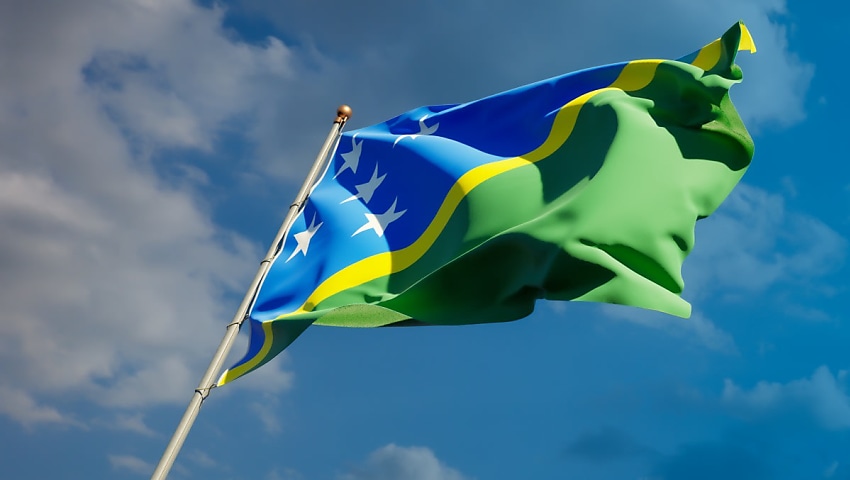A local joint venture has been selected to deliver critical infrastructure in the Solomon Islands.
To continue reading the rest of this article, please log in.
Create free account to get unlimited news articles and more!
Defence has awarded a contract to Reeves Icon and Hall for the delivery of major infrastructure works in collaboration with the Solomon Islands government.
The work is expected to include the construction of the western border outpost on Shortland Island, which is set to house Royal Solomon Islands Police Force (RSIPF) personnel and accommodate customs and immigration officials.
The outpost is tipped to enhance Solomon Islands’ border security and maritime surveillance capability while promoting economic development and stability in the region.
The design will reportedly include environmentally sustainable features suitable for regional conditions.
Reeves Icon and Hall has also been tasked with delivering upgrades to the Hells Point Explosive Ordnance Disposal (EOD) facility in Honiara, which serves as the training ground for the RSIPF’s EOD Unit.
The upgrades are aimed at enabling “safer and more effective” disposal and render safe activities, helping to clear a concentration of unexploded ordnance from the Second World War.
The signing of the infrastructure deal comes just weeks after Australia handed over police boats and rifles to the Solomon Islands Police Force.
These initiatives form part of Canberra’s broader push to strengthen ties with Honiara amid China’s growing influence in the region.
Earlier this year, China struck a security deal with the Solomon Islands, which reportedly includes Chinese commitments to deploy “police, armed police, military personnel and other law enforcement and armed forces” personnel to the Solomon Islands.
This would build on existing security ties between the nations, with China previously sending liaison officers and anti-riot equipment to train the Royal Solomon Islands Police Force in public order.
The security agreement also reportedly provides China with greater maritime access to the island nation by facilitating, with the consent of the government, ship visits, logistical support, and stopovers.
China’s Foreign Minister, Wang Yi, had also proposed the “China-Pacific Island Countries Common Development Vision”, which offered intermediate and high-level police training for Samoa, Tonga, Fiji, Kiribati, Papua New Guinea, Solomon Islands, the Cook Islands, Niue, Vanuatu, and the Federated States of Micronesia (FSM).
This was accompanied by a five-year action plan, which calls for ministerial dialogue on law enforcement capacity and police cooperation.
This included the provision of forensic laboratories, cooperation on data networks, cyber security, and smart customs systems.
The plan also advocated for a “balanced approach” on technological progress, economic development, and national security — backing a China-Pacific Islands free trade area and joint action on climate change and health.
However, Beijing reportedly withdrew its proposal after it was met with resistance from some Pacific Islands leaders.

 Login
Login







